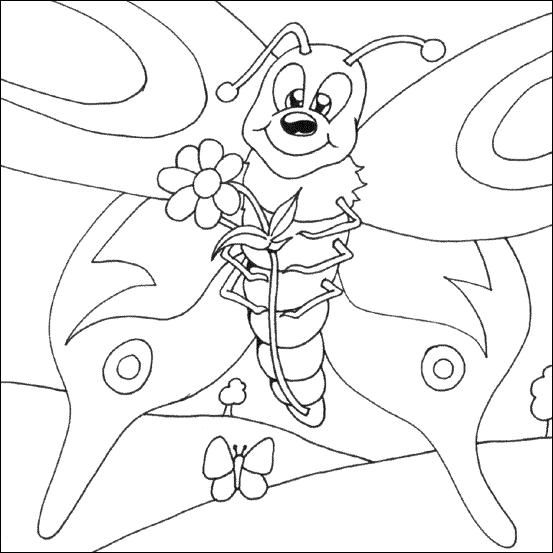I happened across a copy of Teach Like Your Hair's on Fire: The Methods and Madness Inside Room 56 by chance. In the library, lost amongst the new non-fiction, it popped out at me as I idly looked over the shelf, waiting for some woman to stop screaming at the librarian long enough for me to check out my materials. (Honestly. What kind of a head case screams at a librarian? Only in LA.) The book practically hopped into my hand. And I'm so glad!
Rafe Esquith teaches his fifth-graders one basic principle: "Be nice and work hard." And it works. He teaches them to trust him and to allow him to trust them in return. And it works. He teaches them Shakespeare and Vivaldi and gets them to join bookclubs that meet before school and shows them how to study for tests and how to think about other people before themselves. And it works! And, as Esquith asserts, he isn't particularly special--neither are his students. It's just that he approaches each day as not just an opportunity to turn his pupils into better students--but to help them become better human beings.
Eschewing the fear tactics many desperate teachers resort to, Esquith demonstrates how the teacher should be the nicest, hardest-working person the students know:
"I answer all questions. It does not matter if I have been asked them before. It does not matter if I am tired. The kids must see that I passionately want them to understand, and it never bothers me when they don't...We parents and teachers get mad at our kids all the time, and often for good reason. Yet, we should never become frustrated when a student doesn't understand something. Our positive and patient response to questions builds an immediate and lasting trust that transcends fears."
He also questions the value of presenting students with simplified, "dumbed-down" texts rather than the real thing. Why have students read a selection from The Diary of Anne Frank when they could read the whole thing? Of course, you have to present the material in a way the students find accessible and easy-to-follow, but Esquith believes in bringing materials to the classroom you are truly passionate about. He explains why just letting students read without the proper guidance doesn't always work so well:
"The students were too young to understand anything in the book. They were given no background on World War II and couldn't even find the Netherlands on a map. Seemingly incomprehensible abbreviations and words like BBC and menstruation turned off even this teacher's most diligent students. When they later came to my class, they moaned when I told them Anne Frank was on our reading list."
What I really like about this book is that it's not just a list of lesson plans. (Although he does have some great ideas that work for students of all ages.) Esquith is, essentially, a philosopher. He lays his brain and his heart out on the page, urging readers to believe that respect, honesty, kindness, and compassion are a teacher's greatest tools, even under the most frustrating circumstances. And he's from LAUSD.
Basically, Esquith wants us to follow the same advice he gives his students. Be nice. Work hard. Sounds simple enough, right?
I'm only part-way through the book, but I'm really enjoying it so far. Pick up a copy, and we can talk about it!
Basically, Esquith wants us to follow the same advice he gives his students. Be nice. Work hard. Sounds simple enough, right?
I'm only part-way through the book, but I'm really enjoying it so far. Pick up a copy, and we can talk about it!

No comments:
Post a Comment